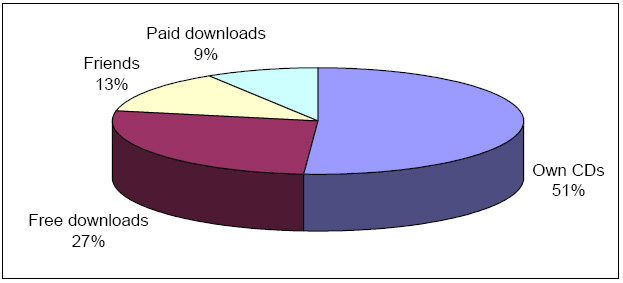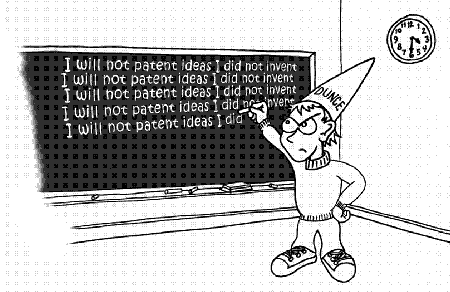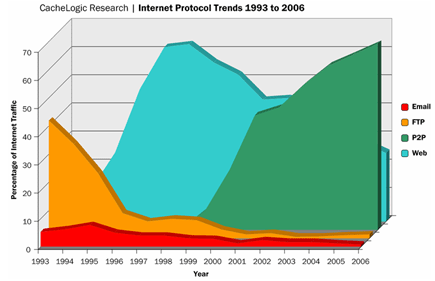 I have been following with interest the ongoing litigation between one Joanne Kathleen Rowling and Steven Vander Ark (a Rowlingian name if I ever saw one), the maker of the Harry Potter Lexicon, but until now I have been silent as the intricacies of American Fair Use are as much of a mystery to me as the arrangement of a Hippogriff's entrails. Edinburgh's most famous authoress is suing the maker of the Lexicon in a New York court alleging copyright infringement over the publication of the Lexicon in printed form. The merits of the case are discussed elsewhere more intelligently, but I have been struck by the strength of the interest by the UK mainstream media on the case. In retrospect, this should not be surprising, as the British press have been starved of access to Rowling due to her famous seclusive nature. There are articles describing her outfits, comparing her to the Queen, et cetera, ad nauseam, and all the rest. But there have been a couple of articles in the British press that caught my eye and prompted me to write a few lines on the case.
I have been following with interest the ongoing litigation between one Joanne Kathleen Rowling and Steven Vander Ark (a Rowlingian name if I ever saw one), the maker of the Harry Potter Lexicon, but until now I have been silent as the intricacies of American Fair Use are as much of a mystery to me as the arrangement of a Hippogriff's entrails. Edinburgh's most famous authoress is suing the maker of the Lexicon in a New York court alleging copyright infringement over the publication of the Lexicon in printed form. The merits of the case are discussed elsewhere more intelligently, but I have been struck by the strength of the interest by the UK mainstream media on the case. In retrospect, this should not be surprising, as the British press have been starved of access to Rowling due to her famous seclusive nature. There are articles describing her outfits, comparing her to the Queen, et cetera, ad nauseam, and all the rest. But there have been a couple of articles in the British press that caught my eye and prompted me to write a few lines on the case.
Joan Smith in The Independent writes that JK Rowling is justified in bringing up the suit because she is fighting for the rights of authors everywhere. She comments:
"... the lexicon isn't an encyclopedia in the normal sense, consisting of facts that are in the public domain, but something parasitic on years of hard work by Rowling. Her present bank balance is irrelevant to the case, except in so far as she is one of the few British authors who can afford to sue when their work is used without permission or payment; in that sense, she is defending the rights of thousands of writers, most of whom don't earn enough to live on."
Ms Smith should perhaps inform herself of the particulars of the case before writing. The Lexicon is indeed akin to a reference work, even if it is based on other people's work. Derivative reference and commentary of other work has been with us for years, and it has always been a legitimate endeavour. Heck, by Joan Smith's standards, most modern scholarship would go out of the window. I know people who have made their careers out of interpreting and re-interpreting Lacan.
Joan Smith follows with the inane and lame argument about how most writers do not earn enough to make a living, while trying to tie this fact with the internet. She says that "
British writers are struggling to survive and badly hit by unauthorised use of their work on internet; at a time when half of UK households have a broadband connection, fewer than 15 per cent of authors have received any payment for online use of their work." I may be mistaken here, but where can one find this wholesale pirating of written works? I am aware that it exists, but I truly do not know of anyone who has illegally downloaded a book instead of buying it. The phenomenon described is due to the market, and the fact that the book market is geared towards few hits, and most authors do not make enough out of their work.
Smith seems to have a problem with the internet. In a line that reminds me of Andrew Keen, she says:
"What's weird about this is the way in which some readers change their attitude completely when they're confronted with the notion that writing is work and should be paid for. Bloggers are the worst offenders, hiding behind pseudonyms to complain that the law of copyright is an attack on free speech."
The chain of non sequiturs (see what I did there?) in that sentence is astounding. Somehow, being a blogger is not writing, and it is not hard work. Somehow, those bloggers do not like paying for written work (I am surprised, as my bookshelves are filled with, for lack of a better word, books). Not only do they not like paying for stuff, they are cowards hiding behind pseudonyms (*checks name on the right-hand side*). On top of all that, those dastardly free-loading cowardly internet people think it's all about free speech. Witness the dried stalks flying as Jane Smith beats that poor straw man to death.
The funny thing is that no, this case is not about free speech, it is about the American system of
Fair Use. The question is simple. Is making a derivative work based on other work copyright infringement, and if so, is such use fair use? As I said, I do not know enough about this to give an educated opinion, but my guess is the fact that Rowling and Warner Brothers have admitted to using the Lexicon before will count against them.
Sam Leith in the Telegraph has a very interesting take on the case, and astutely recognises that this is all about reference materials.
Personally, I just think that Rowling should be indicted for making a mess of her last book, but if we sued authors for destroying their own creations, surely George Lucas and Robert Jordan should be first in line.

 del.icio.us
del.icio.us











